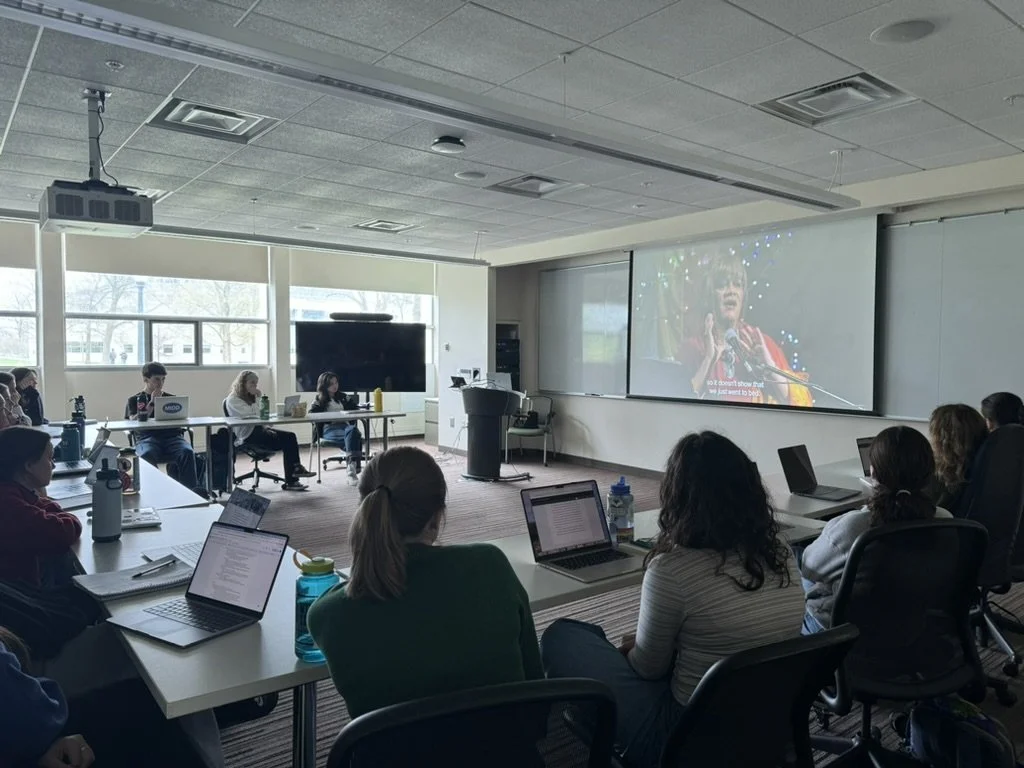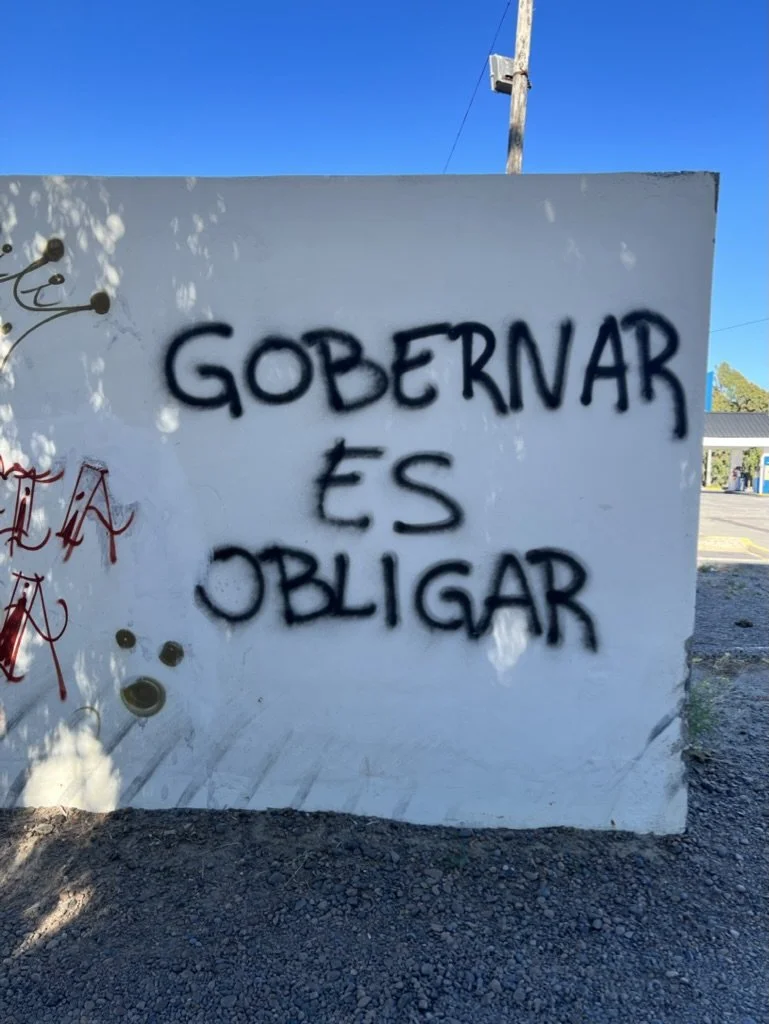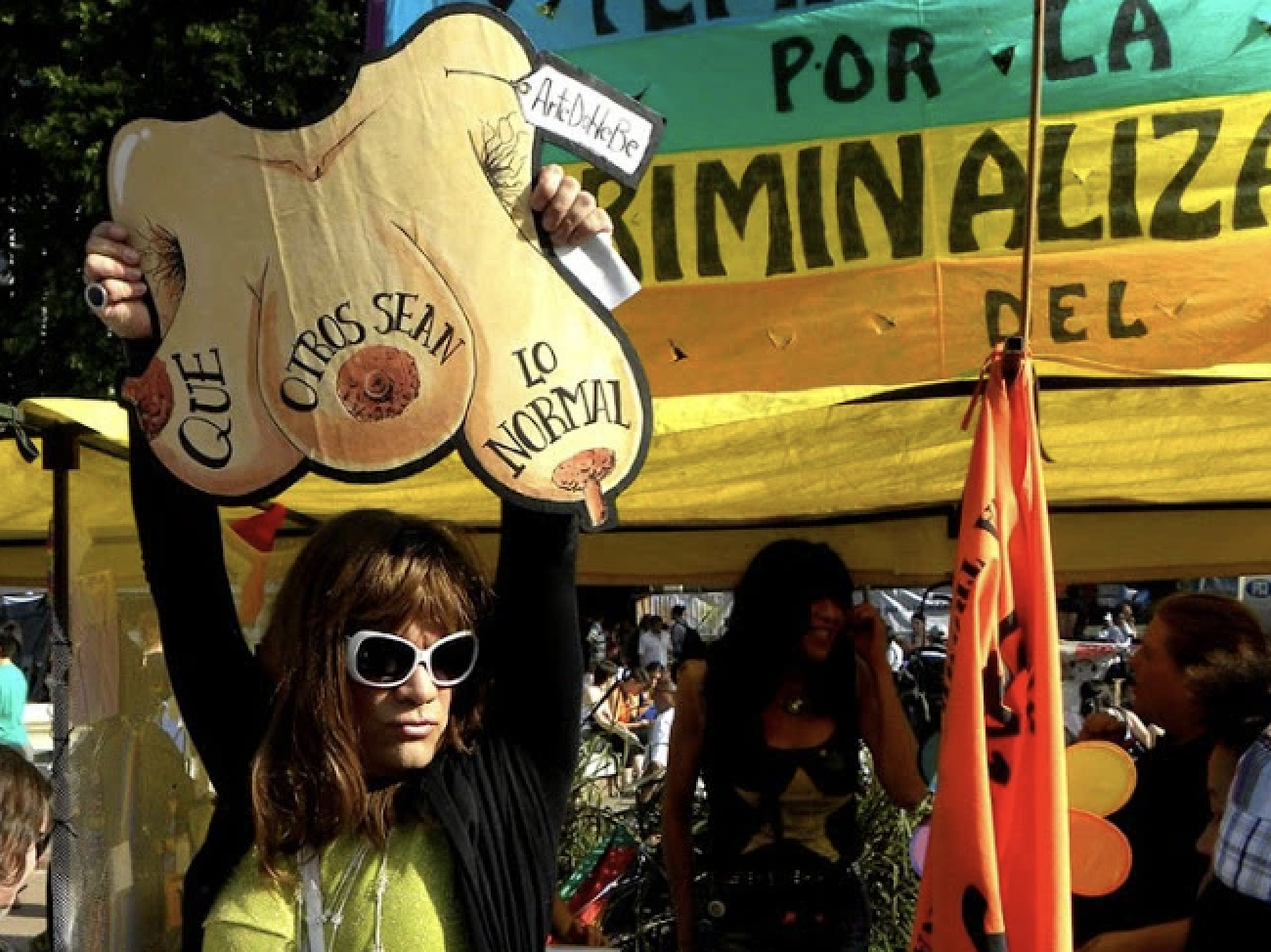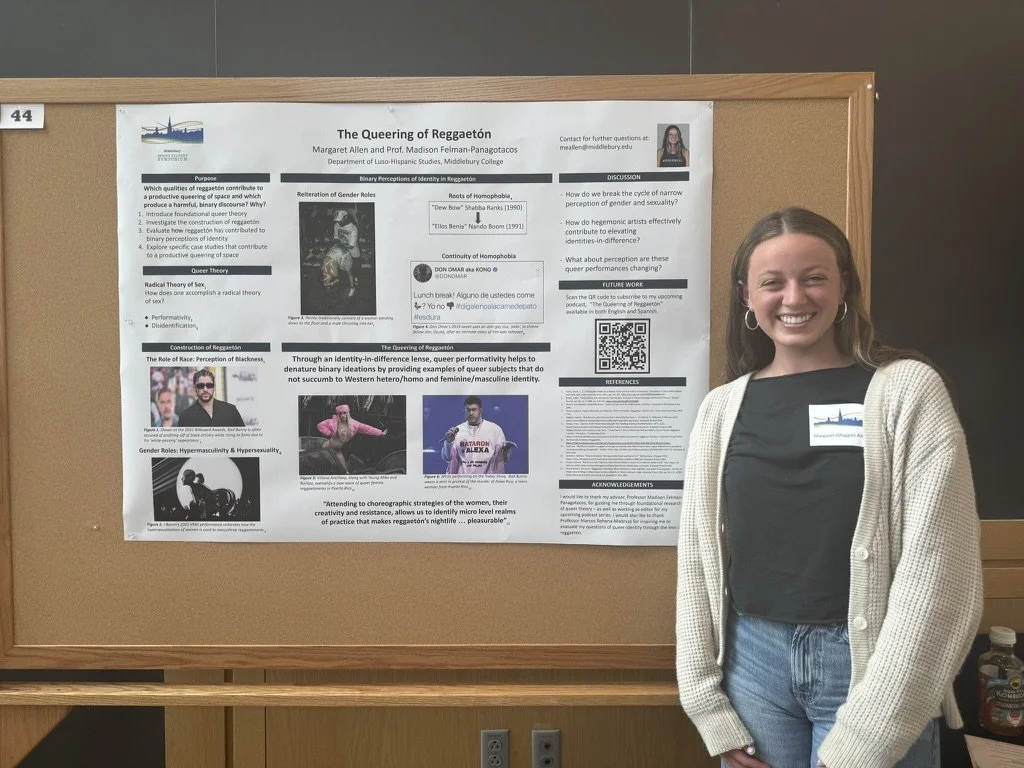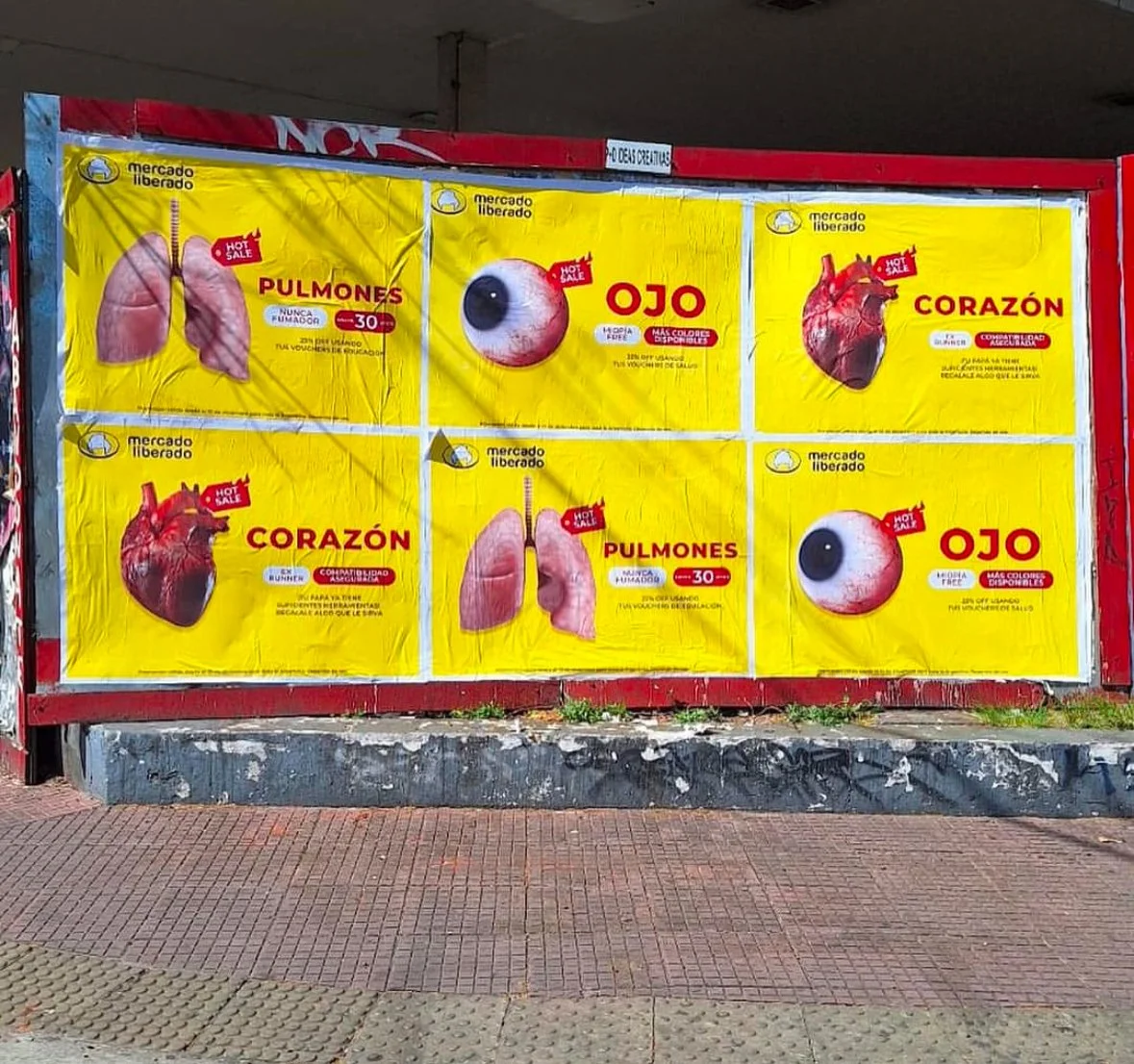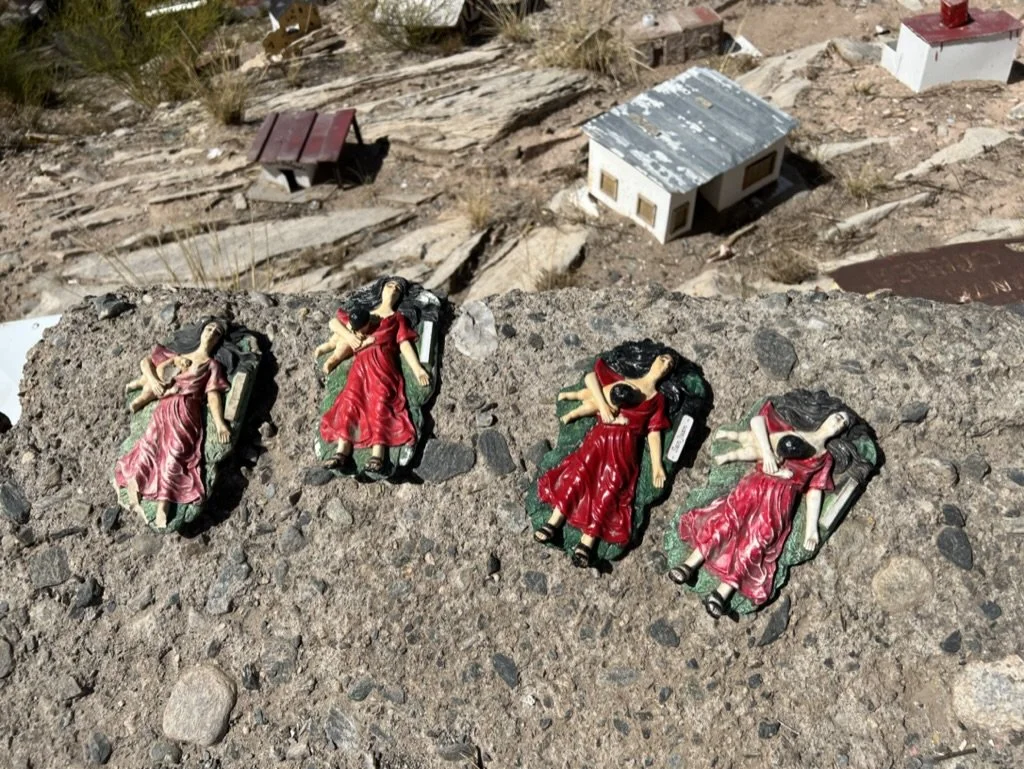Teaching
I have taught courses in Spanish language, Hispanic literature and culture, gender studies, and LGBTQ+ studies at Middlebury College, University of California, Los Angeles, Universidad de Belgrano, and Washington University in St. Louis. I currently teach in the Department of Luso-Hispanic
Original Courses
Rewriting National Fictions: Adapting Citizenship in Foundational Narratives
How do new nations consolidate their citizenry under a collective identity with shared traits, beliefs, and values? How do contemporary citizens grapple with the constraints on the ideal citizen? In this course we study the “foundational fictions” that united Latin American countries after their independence from Spain, using Argentina as our principal case study. We analyze the implications of these narratives, namely who is excluded? To answer this question, we perform comparative readings of foundational fictions and their reinterpretations that seek to identify and rectify these exclusions. Texts include Benedict Anderson’s Imagined Communities; Doris Sommer’s Foundational Fictions; José Hernandez’s Martín Fierro and Gabriela Cabezón Cámara’s Las aventuras de la China Iron; Domingo Faustino Sarmiento’s Facundo and Ricardo Piglia’s Respiración artificial; Esteban Echeverría’s La cautiva and Mariano Tenconi Blanco’s Las cautivas.
Winter 2024
Queer Historiography in Argentina
This course will trace the history of queerness throughout the history of the Argentine state. We will begin with two of the foundational narratives, the gauchesque Martín Fierro and the pro-Unitarian political piece The Slaughteryard, as a foundation of the homosocial and homophobic tendencies in the founding of the nation. Using The Slaughteryard, along with the Academy Award nominated film El Ángel as examples of associating queerness with delinquency as a means of othering. The next topic will be queerness and Peronism, including the mobilization of the Frente de Liberación Homosexual (FLH) as ‘putos peronistas’ and the use of Evita as a queer icon. The following week will deal cover further queer activism, expanding on the FLH and activism surrounding AIDS. The next few weeks will use pieces from the dictatorship to expose how queerness survived and was othered, using Kiss of the Spider Woman and Certificate of Absence. Then, we will examine queer performance in the 21st century, looking at drag/impersonation and tango, a traditional icon of heteronormative argentine culture. We will close with two classes on queerness in contemporary politics, using the case of Naty Menstrual and anti-trans violence. In this course, we will pay special attention to the uses of queerness in portrayals of ideological conflict: when and how does queerness become an element of dissent, an ethic of resistance, a critique of normativity, a marketable quality—in what scenarios is queerness portrayed as uniquely Argentine or anti-Argentine?
Fall 2020
Latin American Queer Cultures
In this course we will study LGBTQ cultural productions from Hispanic Latin America, including fiction, poetry, film, visual art, and theory, covering works from the Southern Cone, the Andes, the Caribbean, Central America, and Mexico. We will pay special attention to the uses of queerness in portrayals of ideological conflict: when and how does queerness become an element of dissent, an ethic of resistance, a critique of normativity, a marketable quality. Topics will include indigenous sexualities pre-Conquest, the impact of colonial rule, homonationalism, the criminalization of homosexuality, queer activism, and sexuality from transgender//travesti/ and nonbinary perspectives.
Fall 2023, Fall 2024
Independent Study
The Queering of Reggaetón is a mini-series podcast that delves into the historical and cultural aspects of reggaetón, analyzing performances that have influenced perceptions of queerness. Join host Maggie Allen as she explores the world of reggaetón and its impact on queer identity in the Caribbean. Episodes available in both Spanish and English.
Spring 2024
Transnational Art and Activism in Latin America
In this course we will consider how art has the potential to support social movements and political activism, focusing on national and international activism in the Americas in the late 20th and 21st Centuries. From movements like the Zapatista Army of National Liberation to NiUnaMenos, and beyond, the arts have helped to amplify, disseminate, and mediate the ideologies and efforts of these diverse groups. We will broach topics of gender, sexuality, indigeneity, environmental activism, and decolonization, drawing parallels between the strategies used throughout the Hemispheric Americas. The similarities, divergences, and encounters between these cases will allow a deeper reflection on the meaning of activism, solidarity, media, art, and protest. Materials will include visual culture, performance, and music, among other media.
Spring 2025
Reproduction, Maternity, and Abortion in Latin America
Motherhood is a topic that has long been dismissed as trivially feminine and therefore understudied as a literary theme. However, during the 21st Century, there has been a boom of Latin American literature with maternal themes. In this course, we will consider essays, novels, and poetry with themes such as pregnancy, miscarriage, fertility, abortion, family planning, birth, adoption, and communal motherhood practices. The goal is to give students the analytic tools to understand the conditions that gave rise to this trend and how these works invoke and/or resist essentialist and patriarchal notions of motherhood. Texts may include Margaret Gibson’s Queering Motherhood, Linda Kerber’s “The Republican Mother,” Lina Meruane’s Contra los hijos, Pilar Quintana’s La perra, and Isabela Zapata’s In vitro.
Spring 2024

